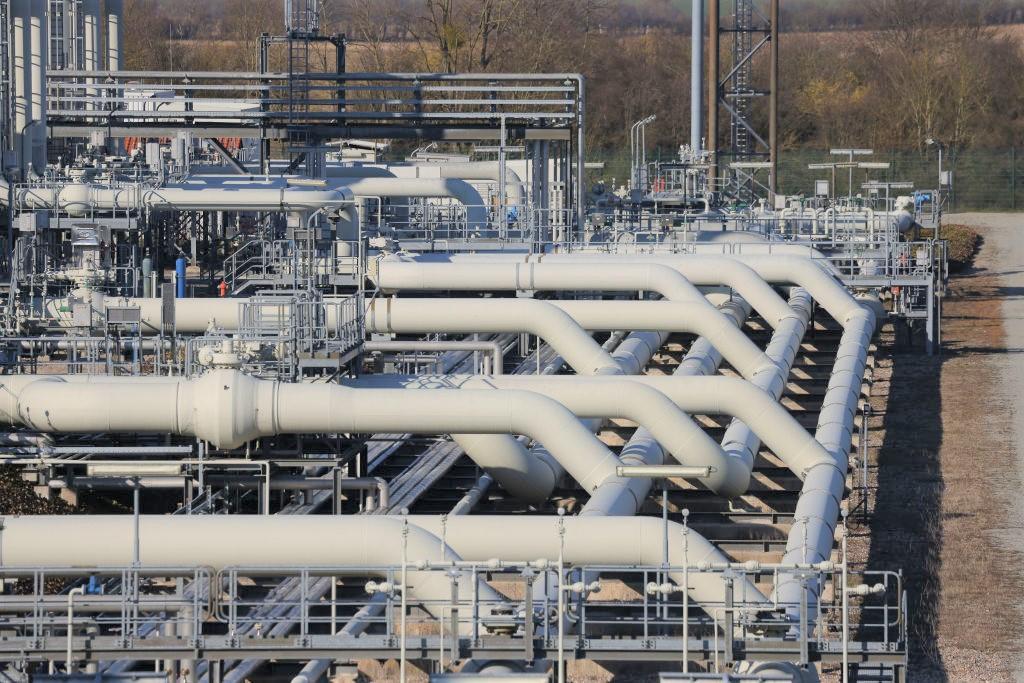Commentary
As Ukraine burns and a worldwide inflationary crisis threatens to crush the living standards of working people everywhere, out-of-touch political elites continue to bring the global conversation back to climate change.

As Ukraine burns and a worldwide inflationary crisis threatens to crush the living standards of working people everywhere, out-of-touch political elites continue to bring the global conversation back to climate change.